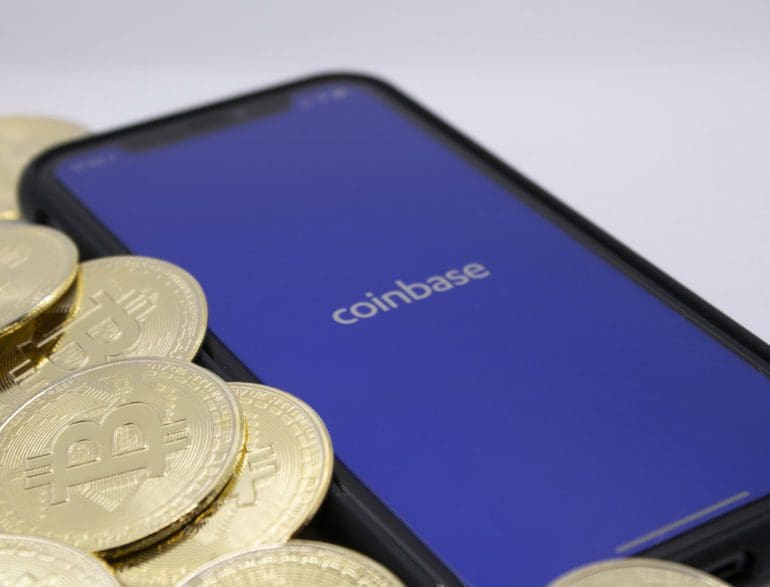While enthusiasts await the launch, Coinbase and Mastercard announced a partnership to offer users more “payment choices” on the upcoming Coinbase NFT platform.
“Our mission at Coinbase is to increase economic freedom in the world. And we believe by enabling more people to join the creator economy and profit from their work, NFTs have an important role to play in this mission, Coinbase head of Product Prakash Hariramani said in a release. “We’re doing an industry first and taking the lead in the crypto economy for this new and growing class of NFTs.”
The giants aim to enable the NFT platform to become a peer-to-peer digital goods marketplace, hinting that soon they will “‘unlock’ a new way to pay using Mastercard. When the platform launches, Coinbase wants to make sure it is as easy as possible for anyone to buy an NFT.
“Coinbase was basically an on-ramp for crypto for many, many users. Millions of people were able to access bitcoin for the first time by using Coinbase,” Hariramani said. “So we want to do the same thing for NFTs with Mastercard by solving the pain points — to make it as easy as possible to buy an NFT and make sure it’s the best consumer experience.”
NFTs, but easier to buy
So far, as Mastercard’s EVP of Blockchain Raj Dhamodharan points out in a blog post, to get an NFT on a popular exchange like Opensea.io is a complex journey of transfers, fees, and wallets. Buying anything should be as easy as one-click Dhamodharan said.
“That’s not the case for many NFTs or non-fungible tokens. Today, if you want to buy an NFT — such as a digital art piece — you first need to open a crypto wallet, buy crypto, then use it to purchase an NFT in an online marketplace,” Dhamodharan said.
“Cryptocurrency enthusiasts are used to this process. But for most people, it’s not simple. It’s not intuitive. We think it should be much easier. That will ensure NFTs can be for everyone.”
The news comes five days after Visa announced it would partner with ConsenSys to help bridge CBDCs with traditional finance. Visa launched a platform for Banks to plug in CBDC data easily to launch a Visa-linked digital wallet globally.
Customers will eventually use their CBDC-linked Visa card or digital wallet anywhere that Visa is accepted globally.
“If successful, CBDC could expand access to financial services and make government disbursements more efficient, targeted and secure – that’s an attractive proposition for policymakers,” Catherine Gu, Visa’s head of CBDC, said in a blog post with ConsenSys.
After a similar competitive spat, the announcement also came after fellow crypto firm Crypto.com was hacked overnight.
In response, competitor Binance responded by announcing they joined the National Cyber-Forensics and Training Alliance (NCFTA), an industry group that collaborates to stop the spread of cybercrime.
The future of NFTs?
In a Q&A post through the Mastercard “Editorial” blog, Coinbases Hariramani said that the future of NFTs could help see web 2.0 evolve into Web3, where communities online control their economics, relationships, and experiences.
Hariramini gave three examples of products that already exist in the space, Kings of Leon NFT albums and tokenization, Live Nation NFT ticket sales, and of course, video game metaverse.


